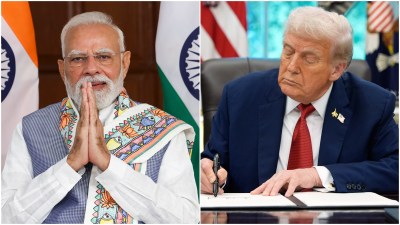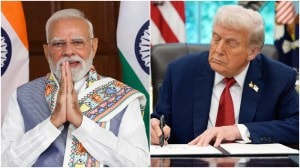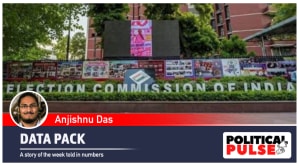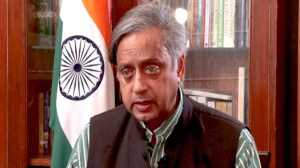`BJP policy may damage SAARC economy’
COLOMBO, MARCH 20: A senior World Bank economist warned that the Bharatiya Janata Party (BJP)'s policy against foreign investment, if implem...

COLOMBO, MARCH 20: A senior World Bank economist warned that the Bharatiya Janata Party (BJP)’s policy against foreign investment, if implemented, could have an adverse impact not only on the Indian economy but also on the entire South Asian Association for Regional Cooperation (SAARC) region.
World Bank’s chief economist for South Asia John Williamson said that though BJP’s policies are not “clearly anti-liberalisation,” it seems that the party, which is heading the new coalition government sworn in on Thursday, is more likely to promote deregulation and privatisation within India, rather than promote foreign investments.
While restricting foreign investments in the area of consumer goods may not have a negative impact on the economy, it would be dangerous to do the same for infrastructure, he said.
“Clearly some forms of economic nationalism could be destructive for India and the world. If they start cutting themselves off from technology-oriented industries, it would be damaging,” saidWilliamson, who is in the Sri Lankan capital to speak at a meeting on economic prospects for South Asia in the 21st century.
Williamson said restrictions on liberalisation could prevent SAARC countries from achieving their goal of “SAFTA by 2001,” as curbs could arise on other countries marketing their manufactured products in India.
However, he expressed confidence that the new government, which is a coalition of 13 parties, would not roll back the country’s liberalisation programme, despite the BJP’s stated economic nationalism.
“I don’t see a political scenario at the moment under which reforms are going to be interrupted,” he said, pointing to the “wide acceptance” for the need to liberalise across the political spectrum, and to the gaps between the BJP’s manifesto and the coalition’s common minimum programme unveiled on Wednesday.




- 01
- 02
- 03
- 04
- 05

























